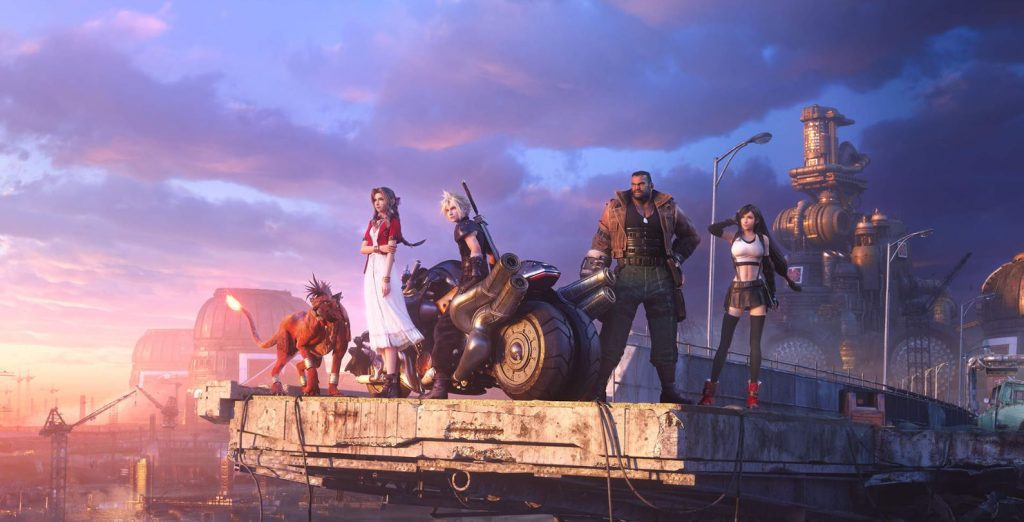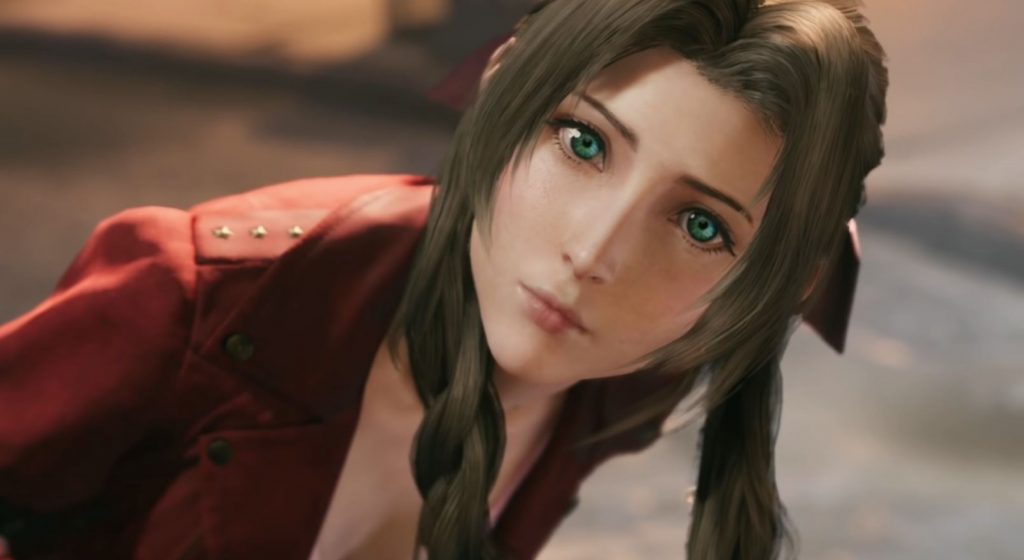
The FF7 Remake ending gives me hope
SPOILER ALERT: This article will describe the FF7 Remake ending and some parts of the original game. Outside of that, everything is pretty spoiler-free. Feel free to read on if you’d like to, but don’t say I didn’t warn you.
I’d never played the original Final Fantasy 7, so when I got the chance to review Final Fantasy 7 Remake for Gayming Magazine (soon, dear reader, soon) I was mostly apprehensive. Going into a game that I only knew tidbits about was terrifying, but ultimately, a challenge is a challenge and I’ve never backed down from one of those.
After finishing the Remake, I can say that I’m grateful that as of now, I’ve never played the original. The ending for FF7 Remake has been, well, a hit or miss for a few fans and even I felt that a lot of things were either out of place, or pretty confusing. This remake is far from perfect, even if you’re new to the series.
The original events of Final Fantasy 7, even for those who haven’t played, are pretty memorable for the most part. However none of them quite stick out like Aerith’s eventual death, and how it affects the rest of the group. It’s an incredibly sad moment, and even before I played the game I was dreading meeting Aerith and getting attached to her. It seemed like a fixed event in Final Fantasy 7 after all, but as we all know, the ending of FF7R makes it look as though another path has yet to be trodden.
During the ending, the group sees numerous amounts of flashbacks, which include Aerith just before her death. It’s at this moment that the group decides that hey, destiny kinda sucks and bands together to defeat it. It’s very on the nose, and feels a lot like Square Enix is defying the expectations of what the Remake ‘should’ be about to do their own thing. I won’t lie, I love that. A lot.
But beyond swerving off course, what the FF7 Remake ending does is provide you with something special in this time of uncertainty: a sense of hope. Or, at the very least, the sense that this time around, things will be different because destiny is so very rarely set in stone, and that with the might and passion of the people around you, you’re able to defy the chains of fate and create your own path. Changing your predestined path is a theme that I’ve found in a lot of JRPGs, such as Tales of Berseria and other Final Fantasy games like Final Fantasy X and XIII. I’ve always found myself drawn to those games, too, because there’s nothing quite like spitting in God’s face and following your own path. It makes me feel defiant and, in a world that is so adamant at putting people in boxes to try and make them appear lesser than they really are, fighting against those who want to keep you in that box is powerful.

Of course, the games mentioned above have never been ‘remade’. Final Fantasy X has been remastered yes, but a remake? Only Final Fantasy 7 has gone under that treatment, which is why the possibility of a complete change after Midgar’s events has been met with a mixed reception. After all, nostalgia is one hell of a drug.
But outside of that general desire of a nostalgic wet-dream of a game instead of an actual remake, it wouldn’t be fair to dismiss the criticism that the sacrifice of characters like Wedge, Biggs, Jessie, Zack, and Aerith would feel like it was for nothing but shock value if that changed. Final Fantasy 7 is a tragedy in its own right, and I can understand why some fans feel resentful of the Remake.
However, sitting on both sides of the fence has never been my style. So, I again circle back to the FF7 Remake ending and speculate if a ‘everyone lives’ ending really dismisses the tragedy of the original, or if it simply puts forth new ideas for the player to unravel? As of now, we don’t really know the answer to that. But what I do know is that a happy ending can be just as justifiable and good as a tragic one. Nor does it diminish the original ending if that’s what fans dearly want to cling to.
And hope? Hope is what we need right now and if the FF7 Remake ending gives people just that, then that to me says that it’s more than significant enough to stand alongside the original game.





